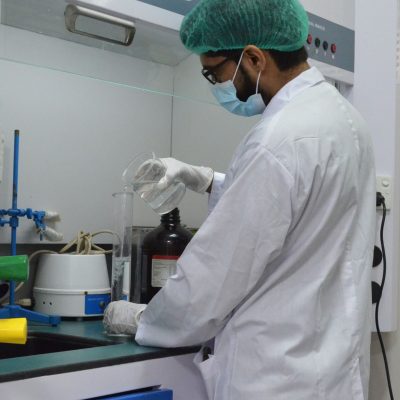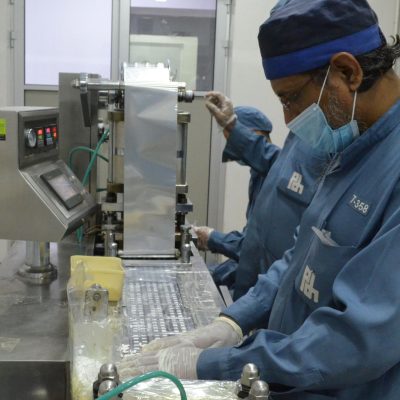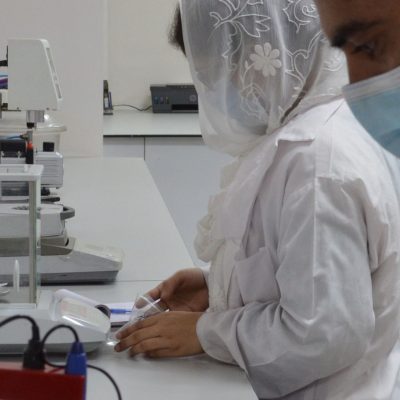Sustainability
Pioneering a Greener Future in Healthcare
As concerns about climate change and environmental degradation escalate, sustainability has become a critical imperative across industries, including healthcare.
The Issues
As concerns about climate change and environmental degradation escalate, sustainability has become a critical imperative across industries, including healthcare. The healthcare sector is a significant contributor to greenhouse gas emissions, waste generation, and energy consumption. Striking a balance between providing quality care and reducing environmental impact poses challenges. Achieving sustainable healthcare necessitates understanding the sector's ecological footprint, identifying areas of inefficiency, and developing eco-friendly practices. Challenges include adopting renewable energy sources, optimizing water consumption, reducing single-use plastics, and minimizing waste generation. Conducting sustainability research is essential to establish evidence-based strategies and innovations that promote greener healthcare practices, fostering a positive impact on both public health and the environment.

The Approach
Our approach to sustainability research is rooted in a commitment to creating a greener future. We conduct extensive data analysis to assess our environmental impact, identifying areas for improvement and innovation. Collaborating with experts in sustainability, renewable energy, and waste management, we explore eco-friendly alternatives and implement green initiatives across our operations. By adopting energy-efficient technologies, promoting recycling, and integrating sustainable materials in packaging, we strive to reduce our ecological footprint. Furthermore, we engage in community outreach and awareness programs to promote sustainability practices among stakeholders, fostering a culture of environmental responsibility and driving collective change toward a more sustainable healthcare industry.
The Benefits
Sustainability research in healthcare yields a multitude of benefits:
Implementing sustainable practices reduces the healthcare sector's environmental impact, conserving natural resources and mitigating climate change. Adopting energy-efficient measures and waste reduction strategies can result in substantial cost savings over time, benefiting both healthcare providers and patients. Demonstrating a commitment to sustainability enhances an organization's reputation, attracting environmentally conscious stakeholders, and positively impacting the community.
Implementing sustainable practices reduces the healthcare sector's environmental impact, conserving natural resources and mitigating climate change. Adopting energy-efficient measures and waste reduction strategies can result in substantial cost savings over time, benefiting both healthcare providers and patients. Demonstrating a commitment to sustainability enhances an organization's reputation, attracting environmentally conscious stakeholders, and positively impacting the community.
Sustainable practices are not mutually exclusive from quality patient care. By adopting energy-efficient technologies, recycling, and sourcing sustainable materials, healthcare providers can reduce environmental impact while maintaining exceptional patient care standards.
Absolutely! Sustainable practices can create a healthier and more pleasant work environment, fostering employee well-being and job satisfaction.
Sustainability research in healthcare contributes to a broader global effort to reduce greenhouse gas emissions, conserve resources, and promote sustainable development, thereby addressing climate change challenges.

Supporting Our Communities to Build Positive, Safe & Clear Patient Focused Culture.
To evaluate and ensure compliance with established standards, identify areas of excellence and to provide recommendations for improvement.
Patient Centered Care
We work day and night to solve the problems that can help them move forward for those who is seeking answers!
Quality Improvement
Our team typically processes over 3 million patient every month and fifty of the top drugs developed in 2022.
Tips, News & Updates

Driving that Gene, Mutations are Seen Spreading Trait through a New Viral Population
Naturally occurring defense tool for bacteria, had recently been harnessed as remarkably simple and efficient way to edit DNA, this discovery was so remarkable that it...




Quick Contact
If you have any questions or need help, feel free to contact with our team.












